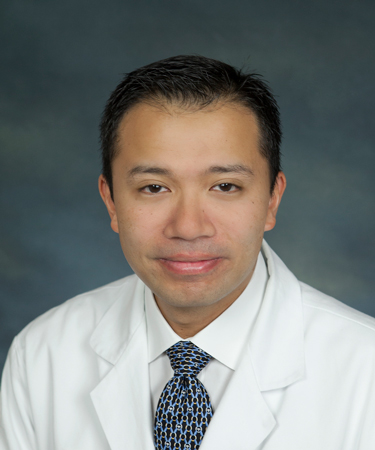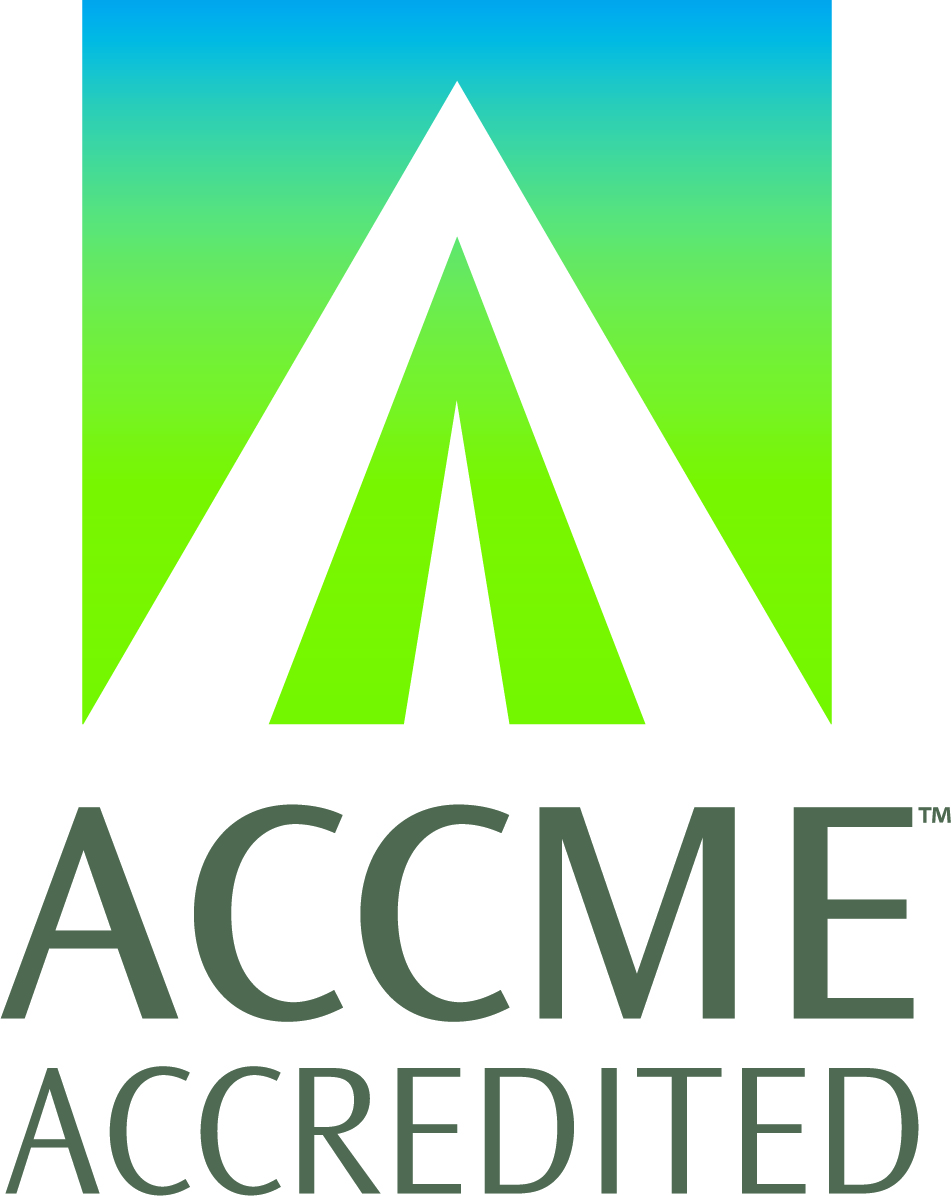Monday April 03, 2023 –
Thursday April 06, 2023
7:30am-12:50pm EST
Event Details
When
Where
Art Ovation Hotel, Sarasota, FL
Art Ovation Hotel, Sarasota, Florida
Event Code
SEMLA-3720230403
Course Topics
Day 1
Overview of Skeletal Imaging: Pearls and Pitfalls (Lee)
Upon completion of this session, using evidence-based and clinical practice guidelines, including Salter-Harris fracture classifications, the participant should be able to: COMP, GL, EBM
- Determine which imaging studies are indicated and which studies are not indicated in the setting of acute trauma.
- Develop an approach to evaluating skeletal radiographs.
- Detect radiographic findings in pediatric radiographs.
Ultrasound Basics (Lee)
Upon completion of this session, the participant should be able to: COMP, EBM, GL
- Discuss commonly used terms in ultrasound.
- Determine in which clinical settings, based on the SRU Consensus Statement, ultrasound is the most appropriate study to order.
- Recognize US findings for common diseases/diagnoses.
Stroke and Imaging (Lee)
Upon completion of this session, based on the Guidelines from NINDS and Advanced Cardiac Life Support, the participant should be able to: COMP, GL
- Appraise the different imaging modalities available in the assessment of stroke.
- Evaluate the benefits and drawbacks of each imaging modality.
- Determine the appropriate imaging study to order in various clinical scenarios.
Basic Chest X-Ray Interpretation (Guttentag)
Upon completion of this session, the participant should be able to: COMP
- Develop a systematic approach to interpreting a chest radiograph.
- Assess a chest radiograph for technical factors that may hide or simulate disease.
- Determine whether a chest radiograph demonstrates air space disease and localize it in the lung.
Contrast and Radiation Issues in Radiology: What a Clinician Should Know (Guttentag)
Upon completion of this session, the participant should be able to: EBM, GL, COMP
- Utilize evidence-based guidelines to appropriately order intravenous contrast for CT scans for patients with impaired renal function.
- Apply evidence-based guidelines to decide whether it is safe to order intravenous contrast for MRI examinations.
- Describe factors leading to increased radiation exposure to patients from medical imaging.
- Select appropriate tests to order so as to minimize patient radiation dose without sacrificing diagnostic accuracy.
Day 2
Incidentalomas: Dealing with Unexpected Abnormal Findings on Radiologic Exams (Guttentag)
Upon completion of this session, the participant should be able to: EBM, COMP
- Apply an evidence-based approach to determine the need for further evaluation of abnormalities found incidentally on imaging tests.
- Distinguish cystic renal masses that need imaging follow-up from those that do not.
- Select appropriate further imaging when needed for small adrenal masses.
Imaging the Mediastinum and Heart (Guttentag)
Upon completion of this session, the participant should be able to: EBM, GL, COMP
- Develop an approach to analyzing the mediastinum on chest radiography.
- Develop an appropriate differential diagnosis for a mediastinal mass based on location.
- Discuss evidence-based guidelines to appropriately order gated cardiac CT in patients with suspected acute coronary syndrome.
Radiology of the Pleura: Effusion, Pneumothorax, and More (Guttentag)
Upon completion of this session, the participant should be able to: COMP, EBM
- Detect pleural effusion on a chest radiograph in its various manifestations.
- Review evidence-based factors that distinguish exudative from transudative pleural effusion.
- Distinguish pneumothorax from other findings that may simulate it on a chest radiograph.
Upper Extremity Trauma (Lee)
Upon completion of this session, utilizing the Clinical Appropriateness Guidelines, the participant should be able to: COMP, GL
- Determine the utility of different projections of plain films of the upper extremity.
- Evaluate radiographic findings of common fractures and dislocations in the shoulder.
- Interpret common fractures of the wrist on plain radiographs.
Lower Extremity Trauma (Lee)
Upon completion of this session, utilizing the Clinical Appropriateness Guidelines, the participant should be able to: COMP, GL
- Develop an approach for assessing pelvic fractures.
- Determine appropriate studies to order in evaluating for hip fractures..
- Analyze common plain film findings associated with knee fractures.
Day 3
Abdominal Radiography (Smith)
Upon completion of this session, the participant should be able to: COMP
- Determine when abdominal radiographs are appropriate in evaluating patients with abdominal pain.
- Establish a pattern for evaluating plain radiographs of the abdomen.
- Distinguish normal from abnormal bowel gas patterns.
Site-Specific Approach to Abdominal Pain (Smith)
Upon completion of this session, the participant should be able to: GL, COMP
- Formulate a focused differential diagnosis based on the location of the patient’s abdominal pain.
- Order appropriate radiographic studies based on the location of the patient’s presenting symptoms and using the American College of Radiology Appropriateness Criteria.
- Analyze imaging studies and recognize the findings of common causes of abdominal pain.
Brain and Spine Trauma (Lee)
Upon completion of this session, using evidence-based recommendations, including PECARN, CCR, and others, the participant should be able to: COMP, EBM, GL
- Identify appropriate indications for ordering an imaging study in the assessment of neurological trauma.
- Determine the best study to order when clinically indicated for neurological trauma.
- Assess the stability or instability of spine fractures.
MRI of Large Joints: Knee, Shoulder, and Hip (Guttentag)
Upon completion of this session, the participant should be able to: EBM, COMP
- Recognize commonly used terminology in radiographic reports related to musculoskeletal MRI.
- Differentiate when to order shoulder MRI with and without arthrography.
- Discuss when evidence-based guidelines support the use of Ultrasound in rotator cuff evaluation.
- Integrate MR imaging appropriately into the evaluation of patients with symptoms of large joint pathology.
Pulmonary Nodule: Evaluation and Follow-Up (Guttentag)
Upon completion of this session, the participant should be able to: EBM, GL, COMP
- Evaluate pulmonary nodules using a variety of radiographic techniques.
- Assess pulmonary nodules for features that reliably exclude malignancy.
- Use evidence-based guidelines regarding appropriate intervals for nodule follow-up.
Day 4
Non-Invasive Vascular Imaging: Aorta, Carotids, and More (Guttentag)
Upon completion of this session, the participant should be able to: EBM, COMP
- Design an evidence-based algorithm for integrating imaging into the evaluation of patients with suspected carotid stenosis.
- Select appropriate tests to order for patients with suspected acute aortic syndromes.
- Integrate modern non-invasive techniques into the evaluation of suspected visceral and peripheral artery disease.
Evaluation of Patients with Suspected Pulmonary Embolism (Guttentag)
Upon completion of this session, the participant should be able to: EBM, COMP
- Develop an evidence-based algorithm for the use of imaging in the evaluation of patients with possible thromboembolic disease.
- Discuss the advantages and disadvantages of various imaging techniques in PE evaluation.
- Integrate d-Dimer testing into the evaluation of patients with suspected pulmonary embolism when appropriate.
Back Pain Imaging (Guttentag)
Upon completion of this session, the participant should be able to: EBM, COMP
- Use evidence-based guidelines to help decide which patients require immediate imaging for evaluation of back pain.
- Discuss the utility of various forms of imaging for specific lumbar pathologies.
- Analyze a radiologist’s report of lumbar imaging with respect to the patient’s specific symptoms.
Evaluation of Hematuria and Flank Pain (Smith)
Upon completion of this session, the participant should be able to: GL, COMP
- Determine which studies are most appropriate in evaluating flank pain, utilizing the American College of Radiology Appropriateness Criteria.
- Determine which studies are most appropriate, in evaluating hematuria, using the American College of Radiology Appropriateness Criteria.
- Detect abnormalities on ultrasound and computed tomography in patients with flank pain and/or hematuria.
Female Pelvic Imaging (Smith)
Upon completion of this session, the participant should be able to: GL, COMP
- Order appropriate radiologic studies for evaluating patients with dysfunctional uterine bleeding, according to the American College of Radiology Appropriateness Criteria.
- Utilize the most appropriate imaging studies for evaluating female patients with pelvic pain, according to the American College of Radiology Appropriateness Criteria.
- Determine which studies are most appropriate for evaluating patients with post-menopausal bleeding using the American College of Radiology Appropriateness Criteria.
Hotel Reservations
To arrange your stay, please use the above “Hotel Reservation Link.” The special room rate will be available on a first come first serve basis until the group block is sold-out.
Rent a Car with Enterprise or National:
To book your CME conference car rental and to receive special rates exclusively for AMS attendees, you may call or book online with our contracted companies, Enterprise/National
Things to Do
Sarasota, Florida
Sarasota offers a truly impressive blend of shopping, cuisine, and attractions. So sail into a breathtaking sunset, golf on lush green fairways, explore St. Armands Circle, or just relax and sink your toes into some of the finest sand in the world.
White sand beaches
21 Zagat-rated restaurants
MLB spring training
Museums, theaters, and festivals
Dozens of golf courses
Immerse Yourself In Sarasota
Let us help with your area attractions and things to do. As one of the top family vacation destinations in America, Sarasota is renowned for its cultural and environmental amenities. Not only are we home to the #2 beach in the United States as voted by TripAdvisor in 2022, but Sarasota is a mecca for patrons of the arts and has the highest concentration of Zagat® rated restaurants in Florida. It’s no wonder Sarasota was ranked one of the Top 100 Best Places to Visit in Florida in 2022 by US News and World Report.
Sarasota offers a truly impressive blend of leisure, shopping, remarkable cuisine and popular attractions. As Florida’s cultural capital, you can’t go wrong with our museums, plays, symphony, or Sarasota’s very own opera house.
So sail into a breathtaking sunset, golf on lush green fairways, explore unspoiled fishing waters or just relax and sink your toes into the finest beach sands in the world.
If you’re not grabbing your sunblock already, keep reading about all that Sarasota has to offer.
Sarasota Beaches
With numerous beaches to choose from, the most notable being Siesta Key Beach with its quartz crystal, powdered sugar white sand. For those who prefer to go shelling, try out Lido Key or take a short drive to Venice Beach to hunt for fossilized shark’s teeth.

Area Attractions
From aquariums to a spring training baseball game and botanical gardens to airboat tours of gators in their natural habitat, there is something for everyone! Make sure you check out the events calendar for annual traditions including our very own Chalk Festival and the Siesta Key Master Sand Sculpture Contest.

Dining
Whether you prefer fine dining, beachfront or lighter fare, Sarasota has the highest concentration of Zagat® rated restaurants in Florida. Our award-winning dining overlooks world-class beaches, and stunning skylines, and fills downtown Sarasota. Many offer outdoor dining that can be enjoyed year-round!

Arts & Culture
The historical John and Mable Ringling Museum of Arts is the state art museum of Florida. These palatial grounds are home to a world-renowned collection of Rubens, the Circus Museum, Ca’d’Zan, Ringling’s Mansion, and Bayfront Gardens. You will also find the historic Asolo Theater on the premises. But that’s not all, Sarasota’s performing arts rival those of much larger cities.

Sports & Outdoor Activities
Voted as 2014’s Best Sport Friendly Vacations Destination by Sports Events Magazine, Sarasota and the surrounding area has over 25 golf courses, a world-class aquatics, and rowing facility, and one of the largest polo clubs in the country! Whether paddle boarding in the Sarasota Bay or running the Legacy Trail, you’re sure to find something that gets your heart racing!

Shopping
Whatever your shopping preferences are, Sarasota has something to suit your needs. Spend the afternoon in historical St. Armand’s Circle, visit the Ellenton Outlet Mall just 20 minutes North or enjoy our newest addition- the high-end shops of University Town Center (more than 100 stores).

Presented By

Ryan Lee, MD, MBA
Clinical Associate Professor of Radiology, Sidney Kimmel Medical College, Thomas Jefferson University; Magnetic Resonance Medical Director, Director of Quality, Section Chief of Neuroradiology, Department of Radiology, Einstein Healthcare Network; Philadelphia, PA

Adam Guttentag, MD
Associate Professor of Radiology and Radiologic Sciences, Cardiothoracic Radiology, Vanderbilt University Medical Center; Nashville, TN

Ryan Smith, MD
Clinical Assistant Professor of Radiology, Sidney Kimmel Medical School at Thomas Jefferson University; Diagnostic Radiology Residency Program Director and Vice Chair of Education, Jefferson Einstein Philadelphia Hospital; Philadelphia, PA
Accreditation
American Medical Seminars, Inc. designates this live activity for a maximum of 20 AMA PRA Category 1 Credits™. Physicians should claim only the credit commensurate with the extent of their participation in the activity.
Accreditation Statement
Webinar Details
Live Webinar Access Information
Webinars are held via zoom and the Wednesday prior to the conference start date, an email will be sent with the zoom link.
Open For Registration
Cancellation & Refund Policy
We understand that plans may change. Please review our cancellation and transfer options below:
30+ Days Before Conference Start Date
- Refund: Full refund minus a $50 processing fee.
- Transfer: Registrations can be transferred once, at no cost, to another conference within two years. Alternatively, registration may be placed “on hold” for up to 12 months, allowing participants to choose a suitable conference for transfer within that period.
Less Than 30 Days Before Conference Start Date
- Refund: No refunds available.
- Transfer: Registration may be transferred to another conference within 2 years at no cost. Alternatively, registration may be placed “on hold” for up to 12 months, allowing participants to choose a suitable conference for transfer within that period.
Additional Notes
- No-shows are non-refundable and non-transferable.
- If we cancel a conference, you may choose a full refund or transfer to another event.
On-Demand Courses
- All sales are final. No refunds or transfers.
Invitation Letters
If American Medical Seminars issued you an Invitation Letter to attend a CME conference in the United States and you need to cancel your registration, we will only refund 50% your registration fee. This is to cover the cost of your Invitation Letter and processing costs. By registering, you agree to the non refundable portion of the registration.
Disclaimer
In the event that AMS is required to cancel a live conference, registrants will receive a full refund within 7 business days. AMS is not responsible for charges associated with cancelled flights or hotel rooms.
How to Request a Cancellation or Transfer
Requests must be submitted in writing to mail@ams4cme.com or by calling 1-800-267-4263.
Note: By registering, you agree to this policy.



